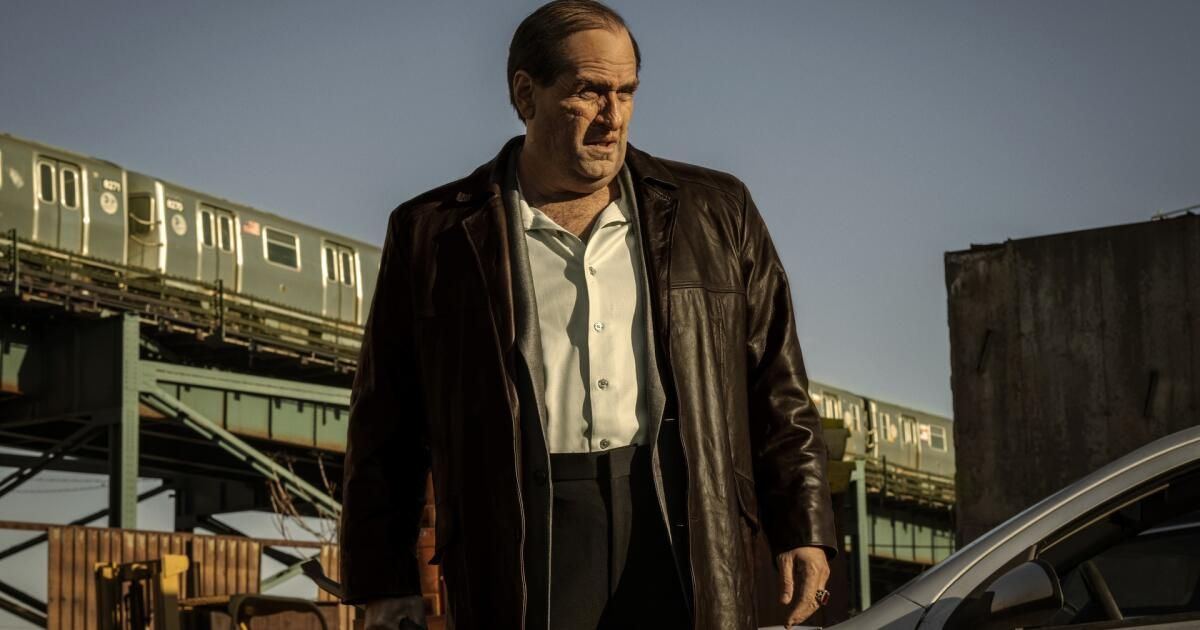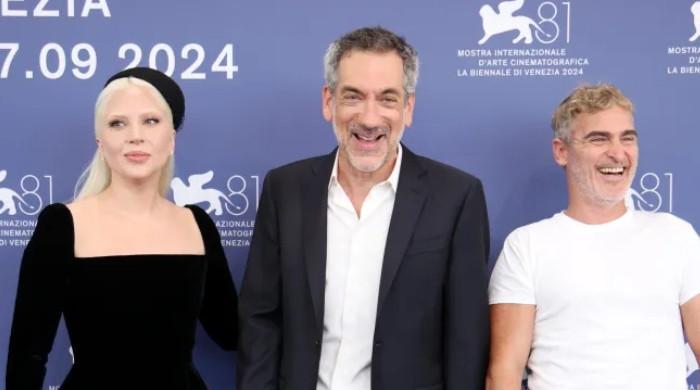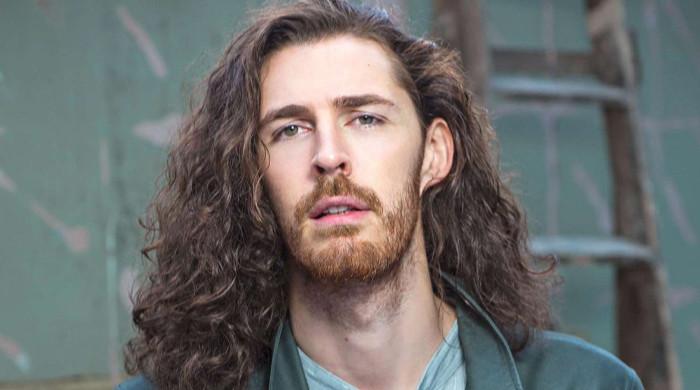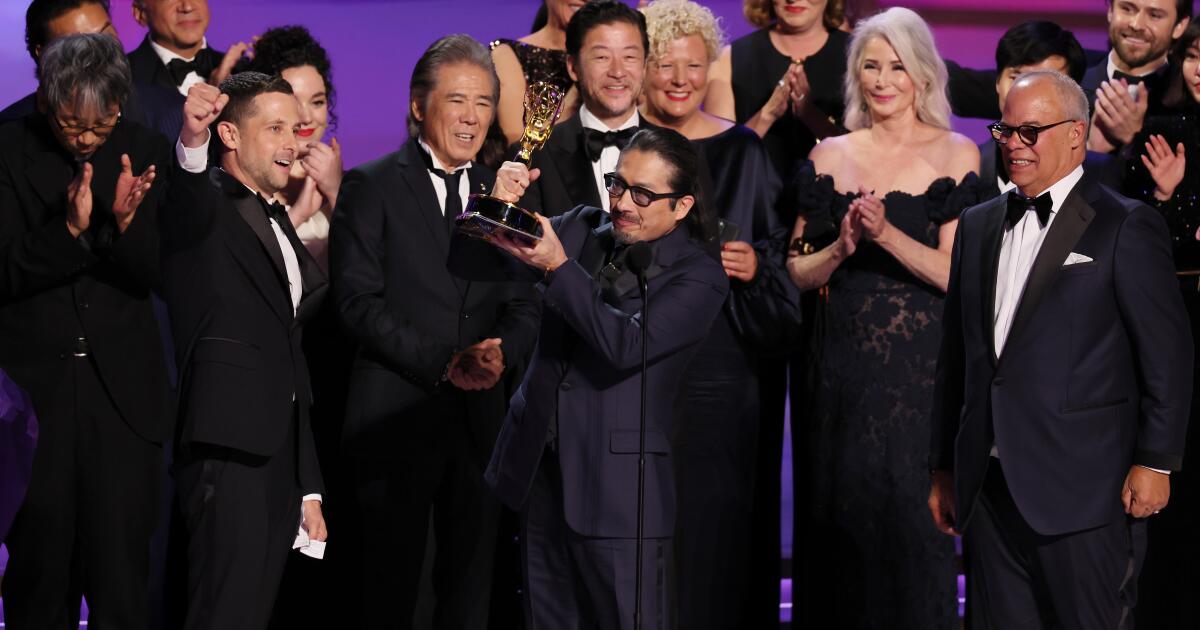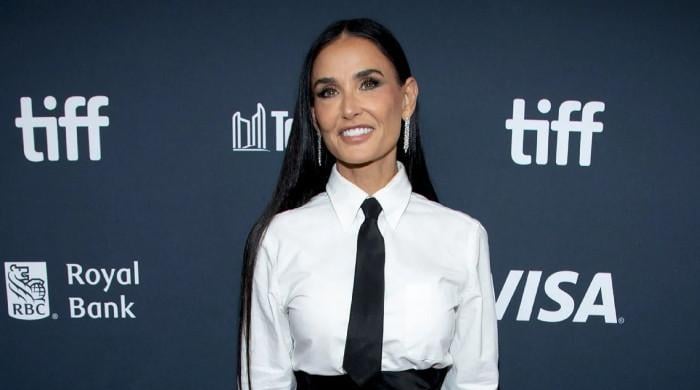There was no way to predict when Adam West was wearing the Batman tights — when Batman wore tights — that comic books would become the primary driver of Hollywood content. The 1966 Batman movie ($1.48 million), spun off from the TV series, did make money, but only the most delusional studio executive or fan could have imagined that, after a 23-year hiatus, Warner Bros. would bet $48 million on bringing back the Caped Crusader.
Needless to say, it was a gamble that paid off, and today we live in the world that DC and Marvel created. It is often said that this success has had a not-entirely-healthy effect on movies, if not on the movie business (Martin Scorsese compared such films to theme parks). And while they have become more technologically ambitious, they have become predictable. They have their superficial variations, but as expensive propositions whose failure can undermine a studio's bottom line, they are generally conceptually conservative, and even the most artistic installments are designed to give fans what they want.
As I've written before and will surely write again, television has been much more interesting when it comes to superheroes. With lower stakes, there has been more formal innovation, from romantic comedy to family drama to noir soap opera, with a variety of visual approaches and, perhaps most importantly, room to develop the characters and the relationships between them.
This week sees the premiere of two new comic-book series in a pitched battle for attention. As if to underscore their longstanding corporate rivalry, one, “The Penguin” (HBO, premiering Sept. 19), comes from DC, and the other, “Agatha All Along” (Disney+, now streaming), from Marvel. Each is a chapter in an ongoing canonical saga whose overall arc doesn’t interest me much, especially given how many times these worlds have been rewritten, rebooted and reconfigured over the decades, how much there is to keep up with and how short life is.
Cristin Milioti plays Sofia Falcone, a member of the crime family that Oz Cobb (Colin Farrell) works for in “The Penguin.”
(Macall Polay/HBO)
“The Penguin” picks up from 2022’s “The Batman” and will presumably lead into 2026’s “The Batman Part II”; “Agatha” is reportedly the second installment in a trilogy that began with 2021’s “WandaVision” and, more broadly, a cog in the machine that is the Marvel Cinematic Universe, or MCU, which always sounds like a part of the hospital I don’t want to end up in.
They’re conceptually distinct and completely different in tone, but they share certain characteristics. Each focuses on a villain, something that’s become a trend lately, though the Agatha of the comics was created as a hero and is a bad person with a sense of humor, which makes her good company. Each plays with genre: Like “WandaVision,” “Agatha” draws from a variety of TV shows and tropes, while “The Penguin” is a straight-up mob story with variations and exaggerations from the comics. Both are superbly made; in terms of production and acting and cleverly written scenes, they’re nearly flawless.
In his earliest incarnations on page and screen, the Penguin was a demented socialite whose signature trappings were a top hat, monocle and fake umbrella. Here, in his first starring role, played (as in “The Batman”) by Colin Farrell under a thick layer of prosthetics, the Penguin is a low-class, heavily scarred, mid-level mobster whose deformed foot gives him a penguin-like gait; Oswald Cobblepot, his official name for many years, has been downgraded to Oz Cobb. The Falcone crime family, which he serves, are typical Italian-American gangsters from the New York area, and Farrell seems to have studied James Gandolfini, whose general figure he has been padded to resemble, in crafting his portrayal.
At the heart of the matter is Penguin's quest to become the city's crime boss, which involves a good deal of lying, betrayal, some murder and more cunning than his enemies give him credit for. With his class consciousness and sentimental streak, he draws on Depression-era films such as Scarface, Little Caesar and The Public Enemy: the phrase “dirty rat” is uttered more than once and, as in the latter film, the antihero loves his mother (Deirdre O'Connell), who here suffers from dementia.
Aside from his mother, Oz has only two significant relationships. One is with Victor Aguilar (Rhenzy Feliz), a slum kid whom he aggressively, then somewhat tenderly, takes under his wing, and with whom he waxes nostalgic for the old neighborhood and philosophical about life (“The world is not ready for the honest man to succeed”). The other, antagonistic one, is with Sofia Falcone (Cristin Milioti, impressive as a kind of psychotic Liza Minnelli), for whom Oz was a chauffeur. She has just returned home after a decade in Arkham Asylum and is ready to fight back against the underworld patriarchy (like Oz, she has daddy issues).
They'll be fighting for control of a powerful drug called Bliss, and since there are eight episodes to go, the advantage will shift between them like a ping-pong volley. However, despite the flashback episodes that give each of them some psychological grounding, it's hard to root for either of them – they're both bad people! Still, things will come to a kind of end, nothing that can't be fixed later. That's just how it works in Franchiseville.
While you can watch “The Penguin” (created by Lauren LeFranc) with little to no knowledge of Batman (outside of a news report, the Dark Knight never appears here), it’s a good idea to watch “WandaVision” (which itself has some basis in “The Avengers”) before jumping into “Agatha All Along” (both series were created by Jac Schaeffer). Much of it will be obvious and funny without it, but you’ll have a better time if you do. As before, the series is a comedy with passages of deep feeling.
“WandaVision,” to keep things as simple as possible, was about the residents of a New Jersey town called Westview, who were being held hostage in various parodies of classic sitcoms (“The Dick Van Dyke Show,” “Bewitched,” etc.) by a grieving Wanda Maximoff, the Scarlet Witch (Elizabeth Olsen), in an attempt to live a life with Vision (Paul Bettany) that Marvel’s writers had denied her. Among those trapped in Westview was Agatha Harkness (Kathryn Hahn), also a witch — and not a good one — forced by Wanda to take on the form of the nosy, friendly neighbor Agnes (half Gladys Kravitz, half Millie Helper) and trapped there at the end of the series. Agatha had her own theme music (also called “Agatha All Along”) that went viral, appeared on the Billboard charts and won an Emmy for composers Robert Lopez and Kristen Anderson-Lopez.
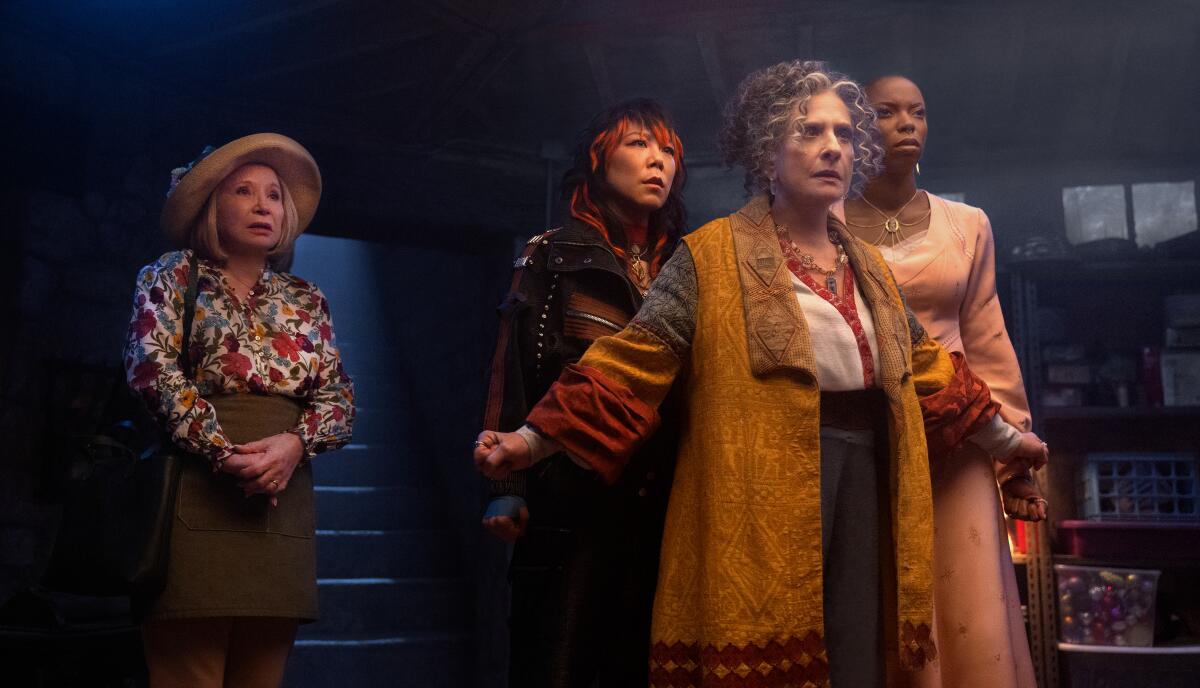
Agatha's ragtag coven, from left: Sharon aka Mrs. Hart (Debra Jo Rupp); Alice Wu-Gulliver (Ali Ahn); Lilia Calderu (Patti LuPone) and Jennifer Kale (Sasheer Zamata).
(Chuck Zlotnick/MARVEL)
“Agatha” begins not with a sitcom, but with a perfect parody of a prestige police drama (“Agnes of Westview,” “based on the Danish series 'WandaVision'”) in which Agatha finds herself in the role of a police detective investigating a murder. In this hallucination appears her rival Rio Vidal (Aubrey Plaza), perhaps a meaner witch than Agatha, disguised as a federal agent, who will hound Agatha back into the relatively real world. We also get the first sneaky nod to “The Wizard of Oz,” which “Agatha” will reflect in a dark mirror, when an agent describes a corpse as “really very sincerely dead.”
To regain her powers, Agatha embarks on the dangerous path of a witch and must suppress her caustic antisocial tendencies to assemble the coven she needs to accompany her. This ragtag group, all down on their luck, eventually includes Jennifer (Sasheer Zamata), the potions master; Alice (Ali Ahn), whose mother was a famous rock star witch; Lilia (Patti Lupone), who makes do as a psychic; and the up-and-coming Sharon (Debra Jo Rupp), who is transformed into Mrs. Hart in Wanda’s unreal sitcom and is not a witch. They’re joined by a mortal Agatha fanatic (Joe Locke) named Teen (except when Agatha refers to him as “Toto”) because he’s under a spell that confuses his name. Rio also appears.
In the four episodes to be reviewed, their journey will take them into other TV dramas: a high-class Nicole Kidman-style soap opera (the aforementioned title is “Huge Tiny Lies”) and something akin to “Daisy Jones and the Six,” each with a puzzle to solve in order to move on to the next stage. Will they be able to see the Wizard? Will poppies put them to sleep?
It's all very well done and very funny, but also suspenseful and a little scary, with a winning combination of the supernatural and the banal (the witches arguing about who was in tune and who wasn't when they sing a magic song). Agatha may not be a good witch, but she's not evil, and she has her reasons. Hahn is hilarious, which makes her good, enjoyable company, regardless of her antics or biting remarks.
Marvel has been producing TV shows for more than a decade, but it’s been on a creative roll since “WandaVision” with original, even bizarre series — including the Pakistani-American “Ms. Marvel,” “She-Hulk: Attorney at Law” and “Loki” — that lean toward comedy and have poked around in corners the MCU’s accountants would never have deemed fit for the big screen. There’s no need to distinguish Phase Four from Phase Five, which we’re apparently in now, whatever that means. By virtue of their ingenuity, they can stand on their own.

